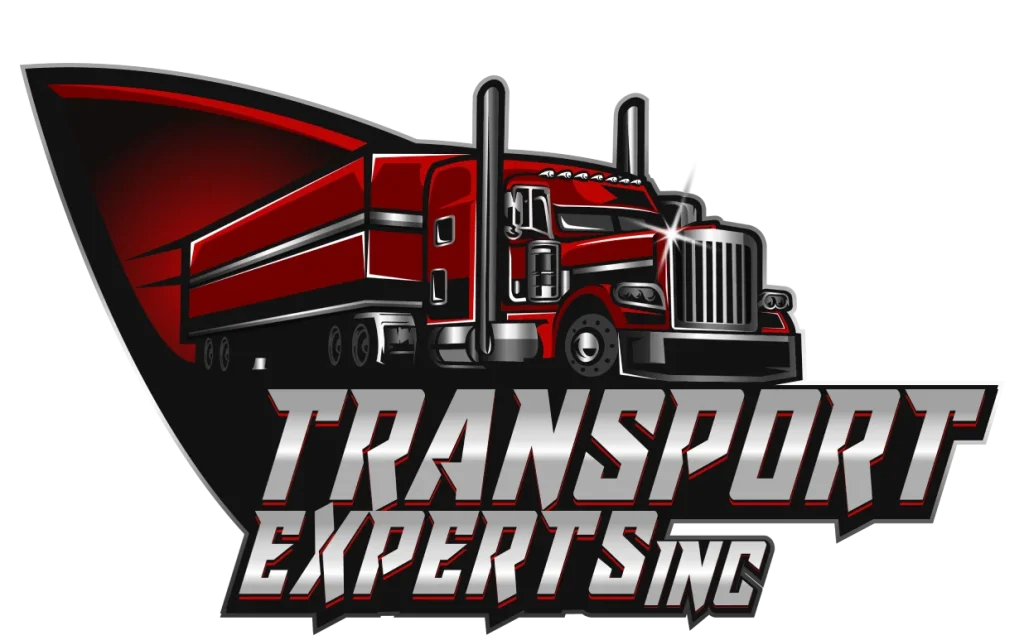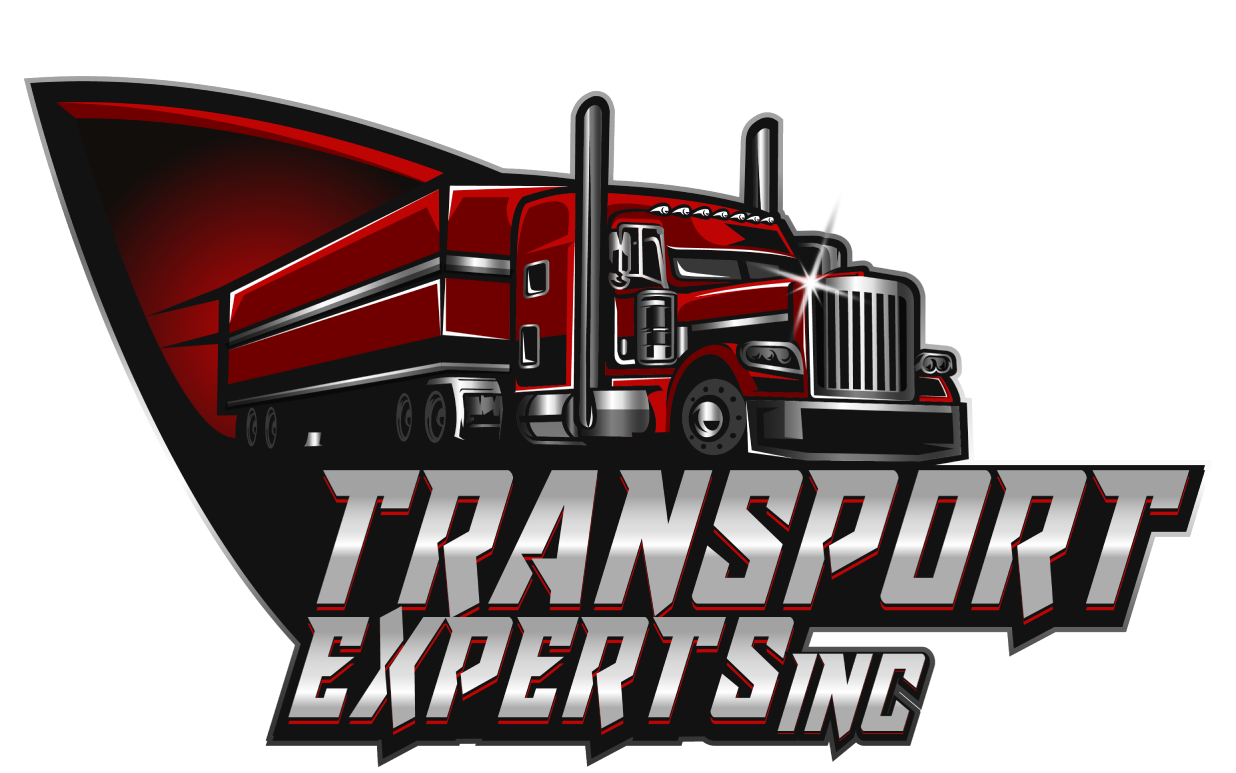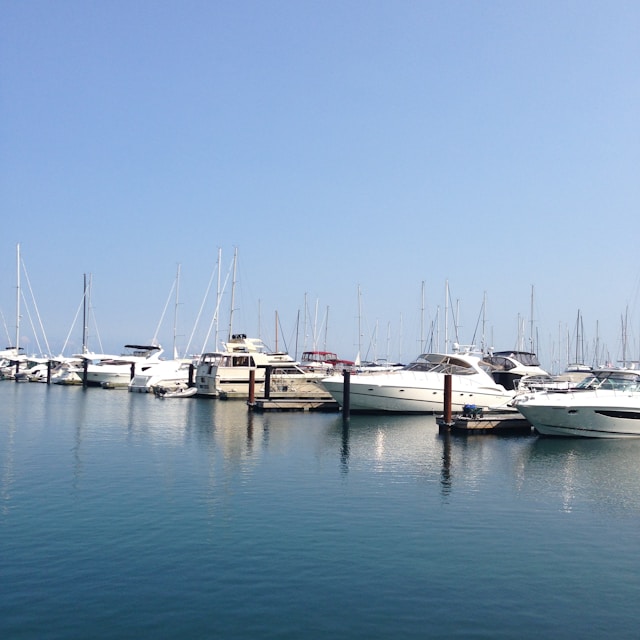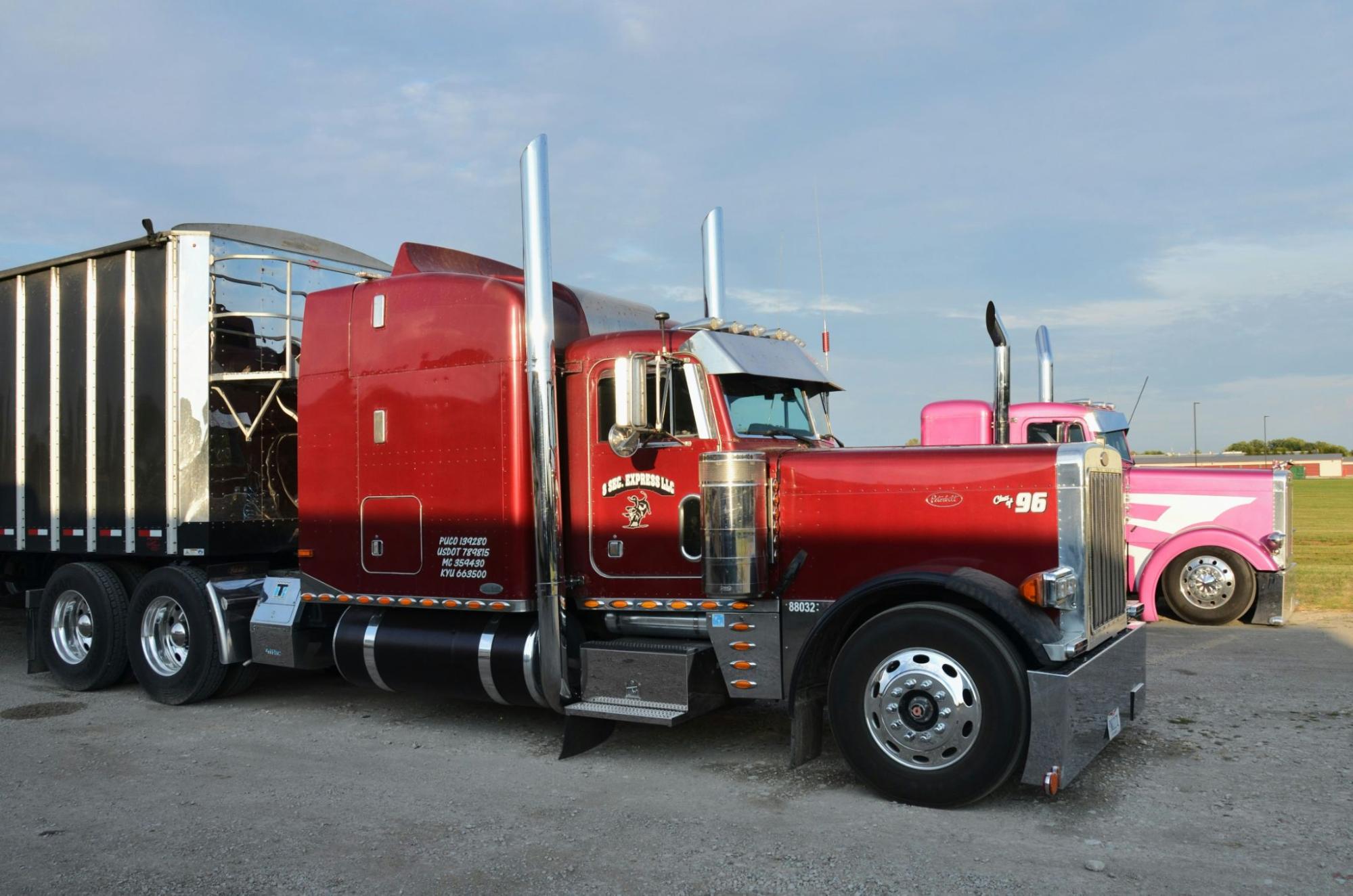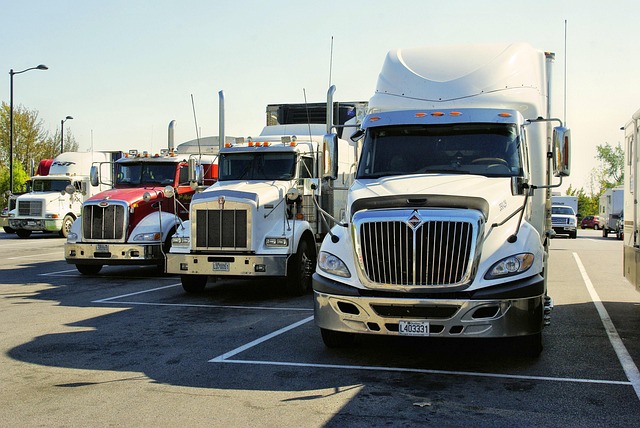Do you want to transport a yacht? But not sure how to do it, and how much it can cost you?
Great! In this blog, you will find all of your answers.
Transporting a yacht is not an ordinary hauling business that you come across every day. But it can be your chance to witness a unique transportation experience, and for that, you need your answers real quick.
Whether you have bought a brand new yacht for yourself on the opposite coast, or are relocating to a different state, or maybe you have a client who wants their yacht shipped to a shipyard, the first question that pops into your mind is always, How Much Does It Cost to transport a Yacht?
But don’t worry, we are just about to unveil this secret to let you know the real prices to help you set your budget.
Come on, it’s time to dive deep and get the best quote for yacht transportation prices.
How Much Does It Cost to Transport a Yacht? (Quick Answer + Price Ranges)
Now, without wasting any more time, let us get straight to our main question: How much does it cost to transport a Yacht?
The cost of transporting a yacht depends greatly on its size, transportation method, distance, and the route. But on average, it ranges from a few thousand dollars to over $100,000, depending on these factors.
Here is a quick snapshot of how much does it cost to transport a yacht with each transportation method:
| Yacht Size (Length) | Typical Overland Transport (per mile) | Average Short-Haul Total (≤200 miles) | Cross-Country / Long Haul | Ocean / Cargo Ship Moves |
| 20–30 ft. | $5–$10 per mile | $1,000–$5,000 | $7,500–$15,000 | $20,000–$40,000 |
| 30–40 ft. | $8–$15 per mile | $3,000–$7,500 | $10,000–$25,000 | $40,000–$75,000 |
| 40–60 ft. | $12–$20 per mile | $7,500–$15,000 | $20,000–$50,000 | $75,000+ |
These numbers include professional transportation services like Transport Experts Inc., with key permits, insurance, and proper equipment for successful transportation.
But remember, they are not fixed; your cost can be increased due to:
- Catamarans (wider beam = more permits)
- Large yachts that use escort cars
- Long routes (countrywide or overseas)
- Lifting, or storage, and Custom cradles
Pro Tip: Get a Custom quote on the transportation of yachts over 40 ft. with complicated routes. The rates may differ by 20-30 percent depending on the time, availability, and route limitations.
Ready for a tailored quote? Call Contact Transport Experts Inc. and request a free quote on your yacht delivery. Receive no-obligation pricing and no sneaky prices.
How Much Does It Cost to Transport a Yacht: Cost Breakdown by Transport Method
I am sure that you must already be satisfied with your answer on How much does it cost to transport a yacht. But let us dive a little deeper and see how different transportation methods can give you totally different rates.
Don’t worry, I have listed everything in a table to make it easy for you to compare the yacht transportation costs. Here we go:
| Transport Method | How It Works | Typical Price Range | Best For |
| Overland Truck & Cradle | Yacht is loaded on a trailer (hydraulic or lowboy) and transported on a truck. Oversized loads must be permitted. | 5-20 miles/per-mile and loading /unloading charges (500-2,500). | Interstate or internal migration, seasonal migration. |
| Lift-On / Lift-Off (LoLo) Cargo Ship | A yacht is craned loaded to a cargo ship to be shipped long distance or to another country. | $20,000 to $150,000 or more based on size & distance | International freight, transporting extremely large yachts. |
| RORO (Roll-On / Roll-Off) | The yacht on a cradle is loaded on a ship. No need for a crane. | $15,000–$60,000 | The ocean route is taken as per the availability of RORO ships. |
| Barge Transport | Yacht transported or pulled on a barge. | $10,000–$50,000 based on distance | Small local sea or river transportation. |
| Professional Delivery / Crewing | Professional sailors & experts are hired to transport a yacht. | Crew + fuel + docking + insurance $350 600/day. | Whereby the yacht is seaworthy and the way is coastal. |
Each technique has its niche: domestic moves are best done using overland, international shipping is made easier with LoLo or RORO, and crew delivery is possible with a shorter journey along the coastline in case of sufficient time and seaworthiness.
So, the boat shipping costs vary greatly depending on your transportation method. Therefore, you’d better choose the right transportation expert like Transport Experts Inc. to ensure a smooth and seamless delivery at a competitive cost to ship boat.
Transport Methods, Timelines & When to Choose Each Option
Selecting the right method is not just about the cost to ship boat. But it involves finding the right service to match your yacht, schedule, and route.
I know, it is a difficult decision to make, but these pro tips will help you make the right choice for your yacht transportation prices:
Overland Transport
- What Happens: The Yacht is lifted out, placed on a cradle/trailer, tied, and transported to the area.
- Timeline: You will need 1 to 5 days for preparation, plus the time for travel
- Choose This If: When your yacht is below heights of 60 ft, the route is reachable by road, and you want to have the speediest point-to-point delivery. The boat shipping cost will be minimal.
LoLo (Lift-On / Lift-Off)
- What Happens: loading of the Yacht onto the deck of a heavy-lift cargo Ship, fastened in a cradle, loaded, then unloaded at the destination.
- Timeline: Around 2 to 6 weeks plus schedules of port.
- Choose This If: You are either relocating overseas or have the need to transfer a superyacht in a location that cannot be reached by road.
RORO (Roll-On / Roll-Off)
- What Happens: The Yacht is rolled to a special ship on a cradle or trailer, secured, and rolled off at the destination.
- Timeline: Approximately 2 to 5 weeks needed as per the route.
- Choose This If: You do not wish to pay crane charges and when you have RORO ports.
Barge
- What Happens: Yacht is lifted or floated on to the barge to be transported through waterways.
- Timeline: It takes around 7-15 days depending on the weather and route.
- Choose This If: You are travelling with your yacht and you are close to a navigable waterway and you do not want to be hampered by the road.
Professional Delivery (Crewed)
- What Happens: Licensed captain/crew takes the yacht to its destination under its own power.
- Timeline: Will be determined by distance; 100 to 150 nautical miles/day is normal.
- Choose This If: You want to do a little lifting/handling, the yacht is seaworthy, and you are not concerned about crew hours and expenditure on fuel.
Still not sure which of the methods is best when dealing with your yacht? Consult a coordinator of Transport Experts Inc. and receive professional advice on the cost, time and logistics.
Key Factors That Determine How Much It Costs to Transport a Yacht
Once you have chosen the best transportation method to get the best yacht transport cost, the next step is to know the variables that effects this cost.
Just knowing how much does it cost to transport a yacht is not enough. You need to consider the factors as well to get the best considerations. These factors include:
- Length & Beam: The bigger and the longer the yacht, the higher the price. Broader beams tend to require oversize permits and even escort vehicles.
- Weight & Draft: If your yacht is heavy, it will be needing more powerful hydraulic trailers or cranes to load and offload it. Hence, the more price to pay.
- Height (Including Mast): Clearance is mandatory for road transport. Masts regularly have to be removed (unstepped) to minimise height to prevent bridge strikes – that contributes to the work of preparation and re-rigging.
- Cradle / Trailer Requirements: In case you do not have your own cradle, the carrier will need to provide one, and you have to pay the rent. Unusual hull-shaped cradles (or catamarans) are more expensive.
- Route & Access:Remote collection points, small highways, and bridge limit, ferry ridings all provide time and expense. City drop-offs can be limited on the hours of delivery.
- Permits & Escorts: There are different charges imposed by each state on the size permits – and pilot cars are mandatory when the width is above 12-14 feet, which cost hundreds of dollars a day.
- Seasonality & Demand: During spring and fall when everyone is taking boats to/out of storage or seasonal homes, the price of transporting the boat by yacht will be high. Off-peak monthly planning is cost efficient.
- Insurance Coverage: It is also important to insure yachts that are priced higher with extended coverage or an all-risk marine cargo insurance – this is a cost, but well worth the peace of your mind.
- Special Handling: Catamarans, superyachts, and very delicate-rigged yachts require more lifting time, lifting material, and in some cases, engineering advice – all those items that will be increased.
Pro Tip:You can reduce your overall cost by 10-20% in case you are able to reduce masts, secure gear and deliver the yacht to a place that has good access by road or port.
Yeah, that is something you should consider for your overall yacht transportation prices.
Preparing Your Yacht for Transport — Steps That Reduce Cost & Risk
Obviously, I am not going to leave you alone thinking about it. But I will tell you all the right tips and tricks to prepare your yacht for transport to save every single penny that you can.
Exciting, right?
Here is a quick checklist to help you prepare the best for it:
- Gather Documentation: Registration, insurance papers, title, and any permits required. Some carriers require copies before pickup.
- Take Photos: Make sure that you take photos of the yacht before the transportation to document its complete condition for proof, if needed. This is useful in insurance claims in case of any damage.
- Empty Fuel & Water Tanks: In most cases, the transport companies have a requirement to have the tanks almost empty for safety off course.
- Disconnect Batteries & Electronics: Helps to avoid any power drains and to protect the sensitive equipment.
- Secure Loose Gear: Secure any loose gear in your yacht to avoid any damage.
- Lower Mast & Boom (if applicable): If needed, you can work with riggers to unstep the mast and secure it with your yacht. This will help you save the cost of reassembling if labeled properly.
- Shrink Wrap or Cover: Covers yacht completely against road debris, weather, dirt, etc. – particularly during long trips.
- Check Cradle Fit: To be sure, the shape of the hull must not be stressed with cracks; make sure cradle or trailer supports are in place.
Make sure that you follow all of these preparatory steps to avoid any mishaps.
Choosing a Transporter & Why Transport Experts Inc
When it comes to choosing the transporter for your yacht, not everyone is worthy, as it can cost you millions to choose the wrong one. Therefore, you need to make sure that you are hiring the right one for you. Here is how:
- Experience & Equipment: Do they have the hydraulic trailers, lowboys, or cradles for your yacht size? Have they transported other similar ships in the past?
- Permits & Compliance: Make sure that they are DOT compliant, they have the correct oversize permits, and they are in line with state regulations.
- Insurance Coverage: Make sure that you ask them for cargo insurance and liability limits to be on the safe side.
- Communication & Transparency: Good carriers update and communicate the cost breakdown, schedules, and contact updates during the move.
- Marine Handling Expertise: Find carriers who are practiced in marina lifts, crane operators to ensure the safety of your yachts.
Wondering where you will get all of these? I just got the right one for you that features everything above.
If you are in the transportation business, I am sure that you have already heard about them. They are the leading transportation company in this industry with years of professional experience. Here is what makes them the right choice for every USA citizen:
- Specialized Equipment: Escort coordination, hydro cradle and custom cradle.
- Full Insurance & Compliance: Yacht is insured in all the way of the voyage.
- Nationwide & Port-to-Port Coverage: Lake to Coast they provide it all, along with permits and scheduling.
- Dedicated Support: You are provided with one point of contact that keeps you informed at all times.
So, if you are ready to get started, get a clear and competitive quote on your yacht now for free.
Frequently Asked Questions
Small boats on small routes cost between $20–25 per nautical mile, cross-country relocation costs $10,000–50,000, and superyachts or international services cost $75,000 and above. The exact price depends on yacht size, route, and mode of transport.
A yacht can be transported by truck, cargo ship (LoLo or RoRo), or barge. The best option depends on the yacht’s size, route, and handling requirements.
The cost depends on several factors including yacht length, beam, need for cradles or cranes, permits, weather conditions, insurance, and any special handling requirements.
Sailing can be cheaper for short coastal distances, but fuel, crew, and dockage costs can add up quickly. For long distances or large yachts, shipping is usually more secure, reliable, and cost-effective.
Transporting a yacht by land typically takes 1–5 days. Shipping by cargo vessel can take 2–6 weeks depending on port schedules. A professional delivery crew generally covers 100–150 nautical miles per day.
